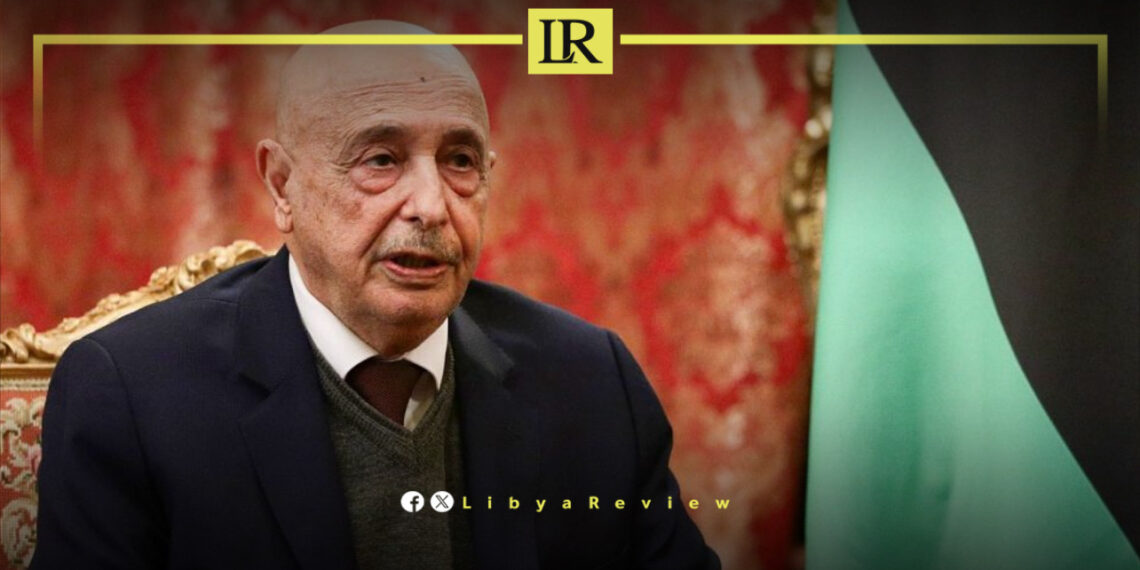The Libyan House of Representatives (HoR) has called on the Presidential Council to respect the law issued by the elected legislative authority and to adhere strictly to its assigned powers under the political agreement.
The HoR emphasized that the law establishing the Supreme Constitutional Court is not a mere proposal, as the Presidential Council had suggested in its statement. The law has been officially issued and published in the official gazette.
The HoR highlighted that the establishment of the Supreme Constitutional Court was necessary due to the constitutional circuit being inactive from 2014 to 2021. As a result, the Supreme Court lost its jurisdiction to hear constitutional appeals upon the enactment of the new law.
The HoR also stated that any decision or ruling made by the Supreme Court in this context holds no legal weight, as the court no longer has the authority to preside over constitutional cases. The law creating the Supreme Constitutional Court was issued on March 29, 2023, while the challenge to it was dated December 12, 2022—rendering any ruling unconstitutional, as the law had not yet been issued or published at that time.
The HoR affirmed its commitment to maintaining the judiciary’s independence and integrity, stressing that no one should question its dedication to this cause. It also pointed out that the Presidential Council’s claim of declaring a state of emergency is unfounded, as such a declaration can only be made in specific circumstances and with the approval of the HoR.
Libya has been in chaos since a NATO-backed uprising toppled longtime leader Muammar Gaddafi in 2011. The county has for years been split between rival administrations.
Libya’s economy, heavily reliant on oil, has suffered due to the ongoing conflict. The instability has led to fluctuations in oil production and prices, impacting the global oil market and Libya’s economy.
The conflict has led to a significant humanitarian crisis in Libya, with thousands of people killed, and many more displaced. Migrants and refugees using Libya as a transit point to Europe have also faced dire conditions.
The planned elections for December 2021 were delayed due to disagreements over election laws and the eligibility of certain candidates. This delay has raised concerns about the feasibility of a peaceful political transition.
Despite the ceasefire, security remains a significant concern with sporadic fighting and the presence of mercenaries and foreign fighters. The unification of the military and the removal of foreign forces are crucial challenges.


